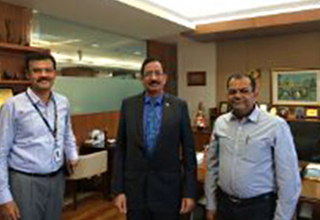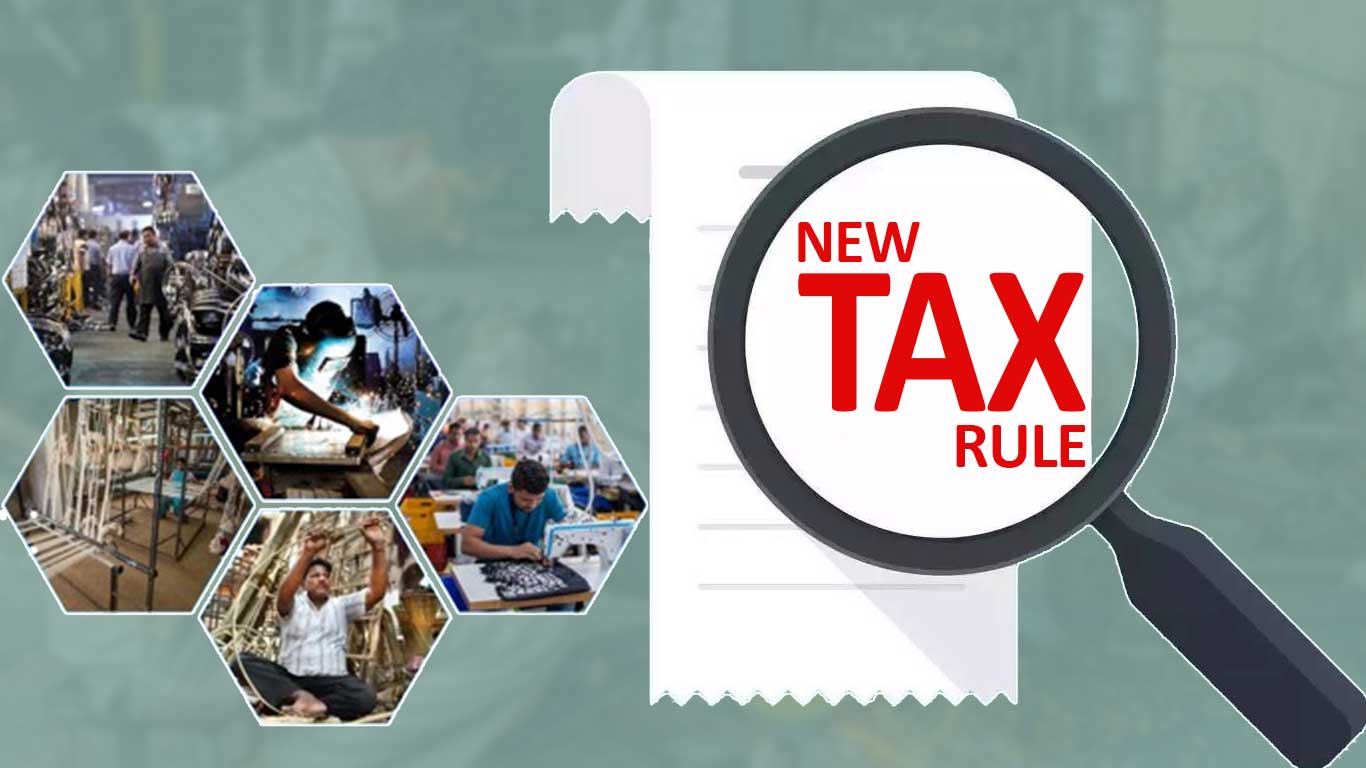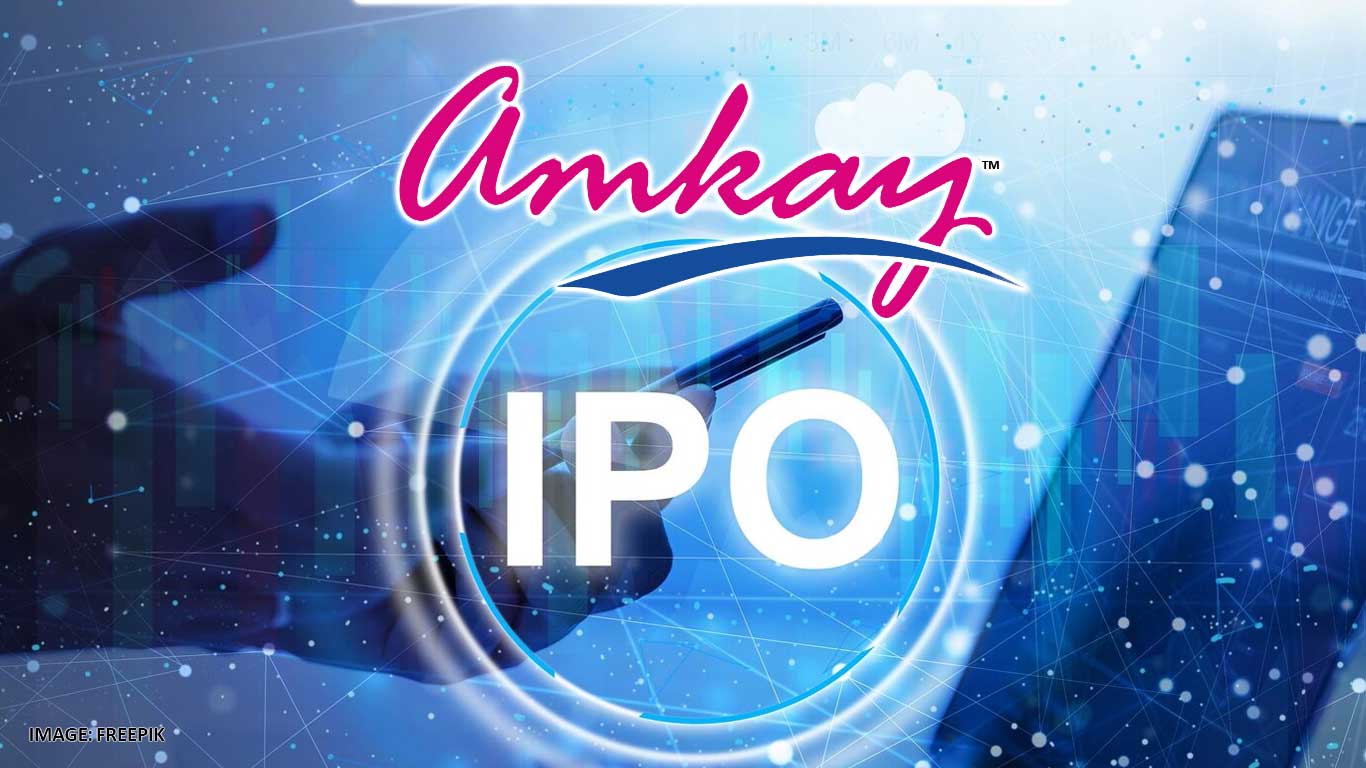FISME delegation raises MSME financing pain points with ED, Reserve Bank of India
Updated: Dec 29, 2015 04:19:34pm

The MSME sector has been consistently raising the issue that because of rising NPAs in banks due to their over exposure in sectors such as consumer loans, infrastructure, mining and telecom, banks are demanding additional collateral securities even from the existing MSME borrowers.
“A number of cases have been brought to our notice where third party rating recommended by RBI has been used as an alibi for pressurizing MSMEs for additional collaterals and reduction in credit exposure on individual exposures falling under the ‘non-investment’ credit rating,” Shri Kedia said.
The delegation highlighted how the BLR rating mechanism is inherently defective where an MSME is benchmarked with a large industry leader on parameters such as market share and other financial ratios.
FISME has recommended that the BLR rating criteria should be completely done away with from the MSME sector or if the same is not feasible, its threshold should be increased from the current Rs. 5 to Rs. 25 crore.
Owing to a large number of complaints about Credit Rating, FISME has suggested setting up of a Credit Rating Ombudsman comprising of eminent experts from banking and rating industry to look at grievances from the industry, including review of credit ratings assigned by the rating agencies.
The delegation also impressed upon RBI to ask banks to review their internal rating mechanism and make amends in their system based on the experience gathered during the last seven years.
The attention of the Executive Director was also drawn on the need to look at the requirements of the three segments of the MSME sector distinctly. While the Government has ambitious plans to focus on Micro segments through MUDRA Bank, the needs of Medium sector have not been adequately addressed.
Growing from Small enterprise to a Medium size, an enterprise needs additional funds but cannot bring the matching immovable assets to pledge as collaterals.
‘Globally it is the medium segment- which after having proved its tenacity successfully, is funded liberally to scale up through a variety of financing options besides debt such as PEs and IPOs. However, in India very few small companies graduate from Small to Medium to Large due to their inability to arrange matching collateral securities in tune with their financing needs’, said Rajesh Dubey, Advisor (Finance) in FISME who was also part of the delegation.
The delegation impressed upon the RBI officials to decisively change the existing MSME financing mechanism which was entirely immovable asset based to the one based on movable assets such as Factoring, receivables financing or bills financing.
While the issue of high stamp duty on assignment of debt has since been addressed in case of Factoring, the lack of clarity on sharing of security between a Factor and Bank on pari passu floating charge on receivables continues.
Similarly, there is also a strong case for quick universal coverage under Trade Receivables Discounting Scheme (TReDS).
These issues have so far failed to capture the attention of RBI.
In the context of the Start-up India and a renewed entrepreneurship campaign being launched by Government of India, the delegation highlighted that with fading away of State Financial Corporations (SFCS), there was a huge void to finance first generation technocrats under the conventional manufacturing and industrial space.
The risk capital in terms of Angel and VC funds primarily flows to new age sectors linked with IT/ITES or in E-Commerce space only.
It was urged that RBI could ask the more profitable banks to set aside some portion of their profits towards ‘Risk Fund’ to assist project financing needs of start-ups and first generation entrepreneurs. They could also take equity position in some of mid-sized enterprises that are poised towards high growth and who have demonstrated good credit behaviour with the banks. With SME exchanges, there are exit options too.
To address the issue of dysfunctional Business to Business credit or Trade credit in India, FISME delegation asked RBI’s intervention in creating trade related information bureau in strengthening the Negotiable Instrument Act. The bureau is particularly needed as the NPA malaise largely is a result of delinquent receivables or delayed payments by trade parties, information regarding which is not easily available. (KNN/AB)











